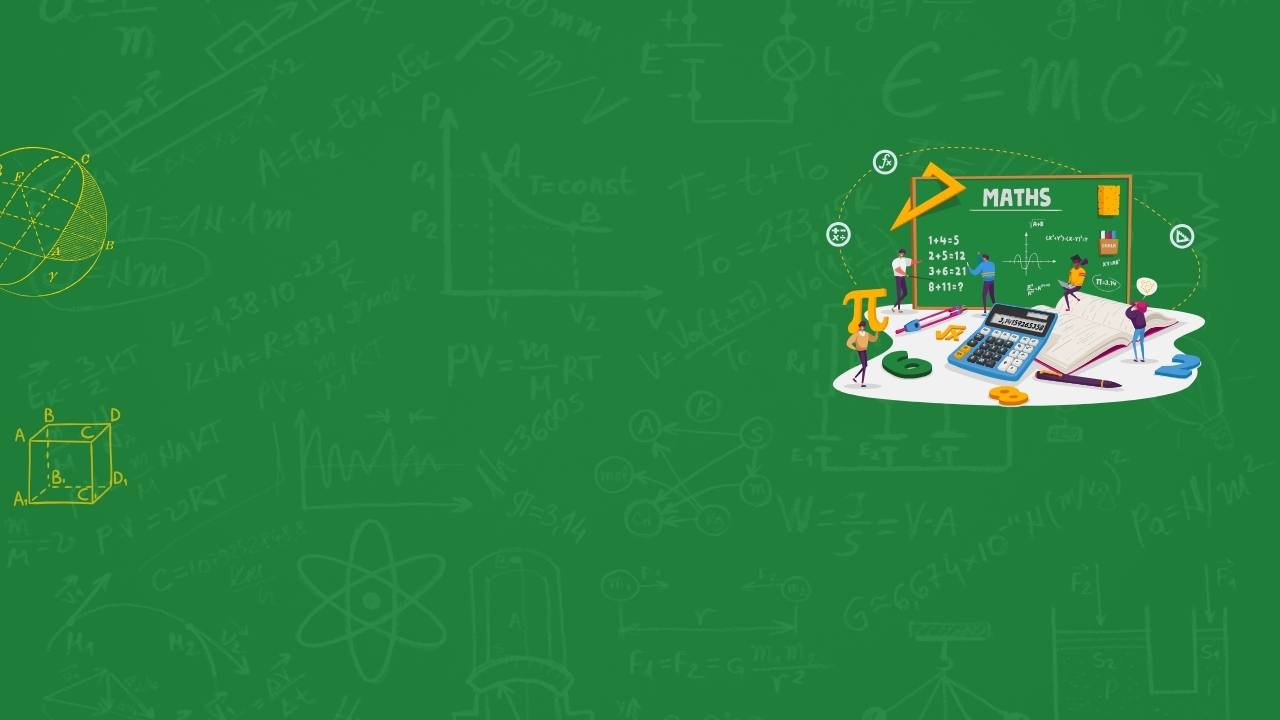Break free from rigid schedules.
Improve Your Skills Online
Learn on Your Schedule

40 progressive levels from Grade 1 foundations through Grade 10 mastery. Skills-based advancement, not age-based.

Choose from 6 internationally recognized curricula: Canadian, U.S., CBSE, ICSE, Singapore Math, and Cambridge IGCSE.
.png)
Master 15+ ancient speed calculation techniques that make arithmetic 2-3x faster than traditional methods.

95% of students show measurable grade improvement within their first 3 months of consistent attendance.


OrbitMath Levels™ is our proprietary 40-level math mastery system designedto give your child a complete mathematical foundation — one level at a time. Unlike traditional tutoringthat just hel
Instructors are the primary facilitators in LMS co...
Start at YOUR level, advance when ready
Best practices from Singapore, India & IGCSE
Works alongside ANY school math program

Legendary Fighter And World Champion Reveals New Ultimate Boxing Train...
Read More
New Skillis the procedure by which an individual scientist takes a snippet of data from enactment, strategy, or some other source and makes an interpretation of it into a lot of attributes that can be...



Customers in today’s tech-savvy market demand comprehensive information about any new good or service they are thinking about purchasing. Clearly, pr...

we take privacy serious...

If you have any questions...

For support, please conta...

At, we understand the imp...

I am here to help and sup...

Product development is th...

Instructor


A business or organization established to provide a particular service, typically one that involves a organizing transactions.


It is a long established fact that a reader will be distracted by the readable content of a page whe...
It is a long established fact that a reader will be distracted by the readable content of a page whe...
It is a long established fact that a reader will be distracted by the readable content of a page whe...

d



There are many variations of passages of Lorem Ipsum available, but the majority have suffered alteration in some form, by injected humour, or randomised words which don't look even slightly believabl
There are many variations of passages of Lorem Ipsum available, but the majority have suffered alteration in some form, by injected humour, or randomised words which don't look even slightly believabl
There are many variations of passages of Lorem Ipsum available, but the majority have suffered alteration in some form, by injected humour, or randomised words which don't look even slightly believabl
Manage Your Business With Our Software